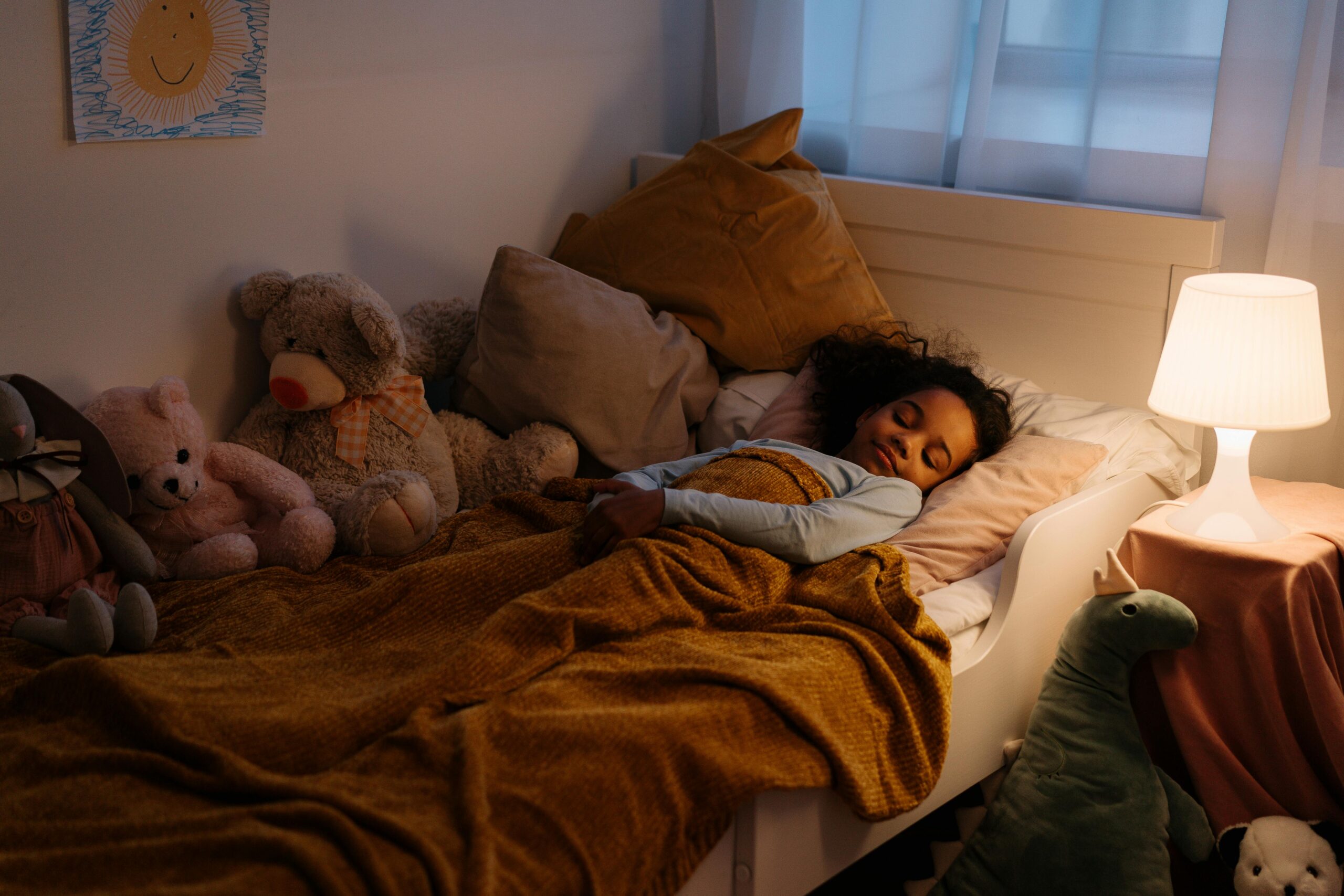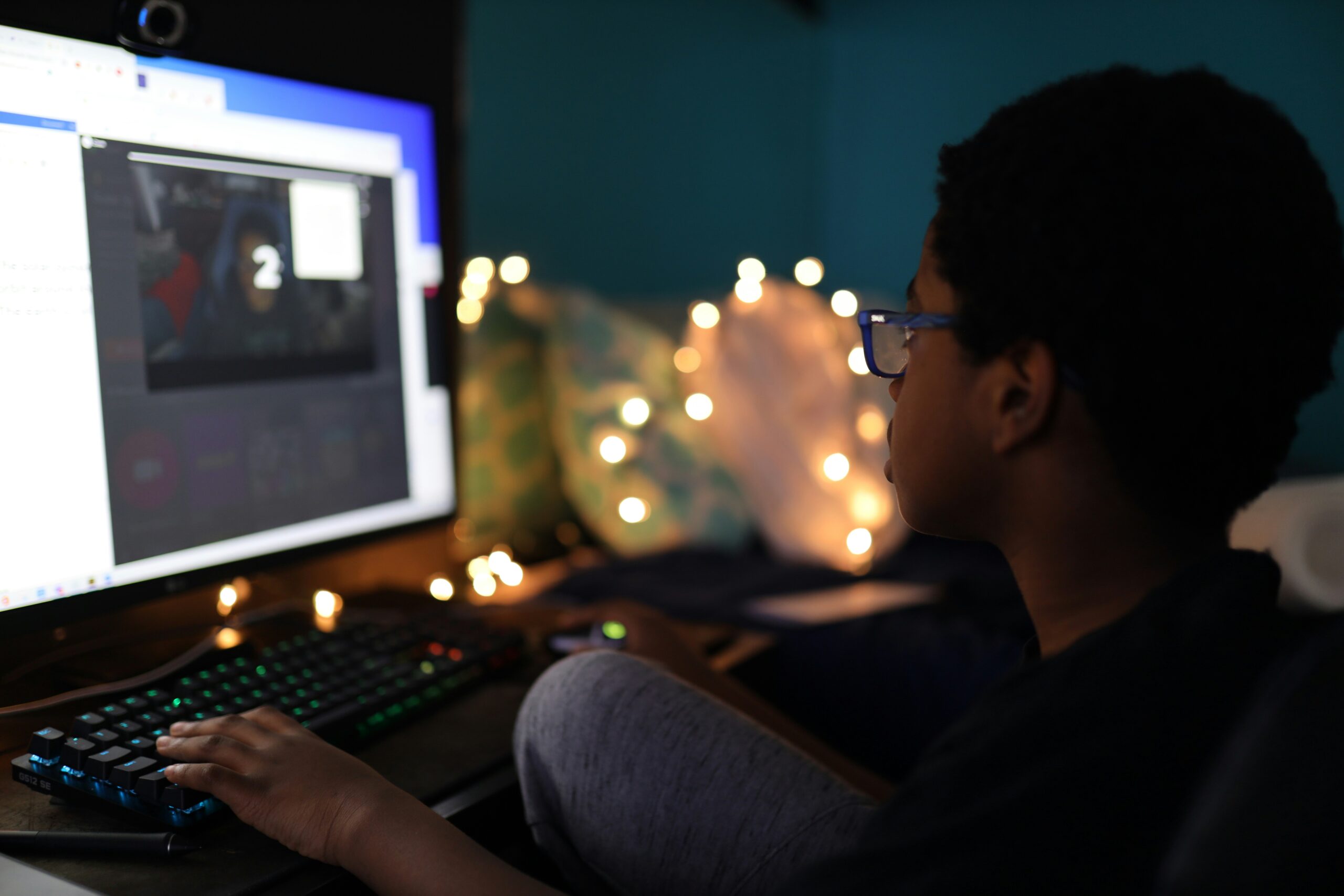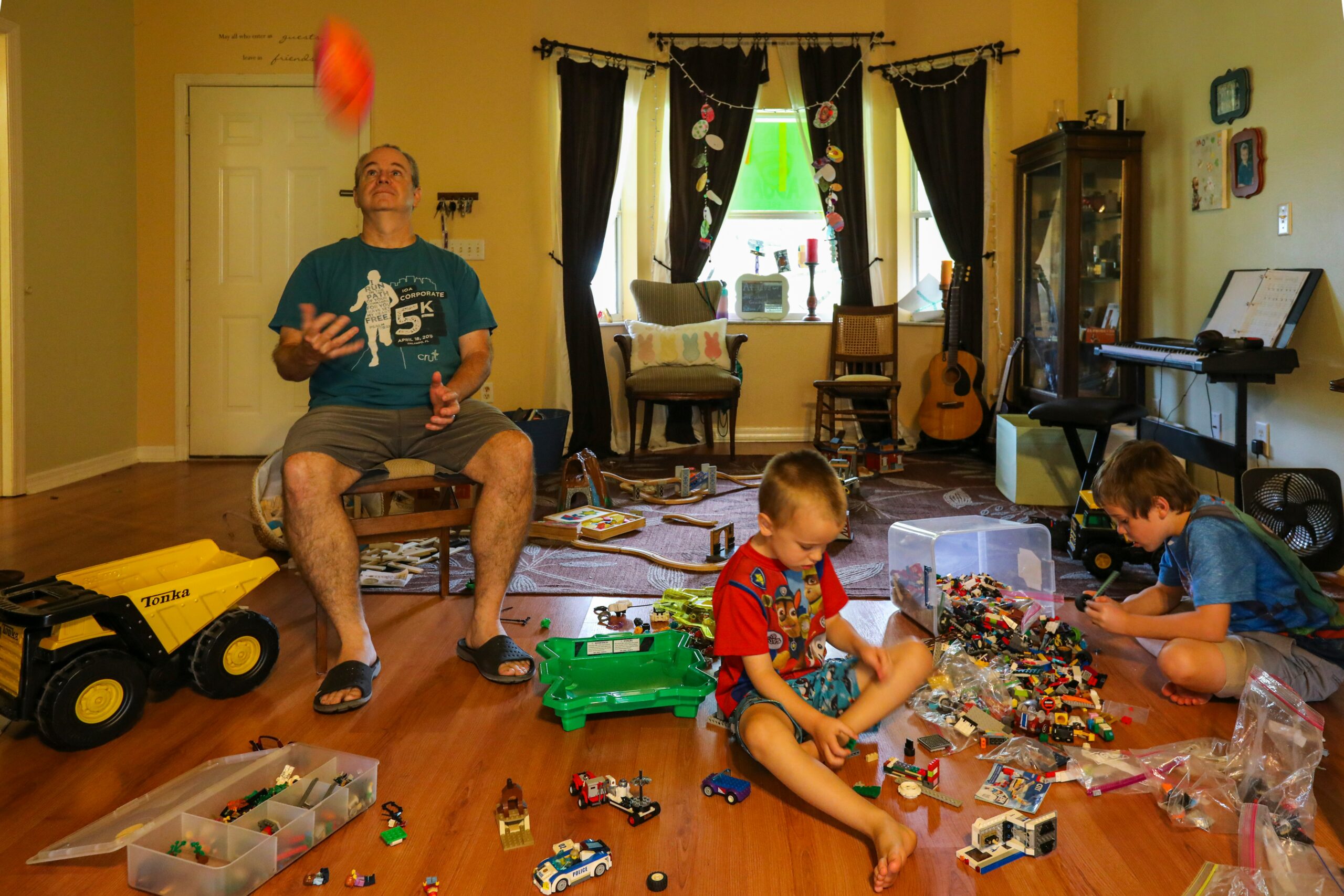The digital age has transformed childhood, offering endless opportunities for learning and connection. However, it has also introduced risks that require parents to be more vigilant than ever. With 82% of children aged 8–12 having unsupervised access to smart devices in their bedrooms, as reported by CyberSafeKids, the need for proactive parenting in the digital space is undeniable.
Thank you for reading this post, don't forget to subscribe!
The Hidden Risks of Unsupervised Access
Unrestricted access to the internet exposes children to a range of dangers—from harmful content to online predators. Alarmingly, only 35% of children say their parents monitor their online activities, according to CyberSafeKids’ latest survey. This lack of oversight increases the likelihood of children encountering inappropriate material or falling victim to scams.
Cyberbullying remains another significant concern. A recent WHO/Europe study revealed that 15% of adolescents have experienced cyberbullying, with rates climbing steadily since 2018. These incidents often lead to emotional distress, and in some cases, even severe mental health issues.
Bridging the Gap Between Parents and Children
The disconnect between parents and children regarding online safety is stark. CyberSafeKids’ Chief Executive, Alex Cooney, highlights this issue: “We urgently need to provide better support to parents so they feel more confident about engaging with their children about their online activity”. Open communication is key. Parents should create a safe space for kids to share their online experiences without fear of judgment or punishment.
The video below is great to watch with your kids, even from a young age on.







